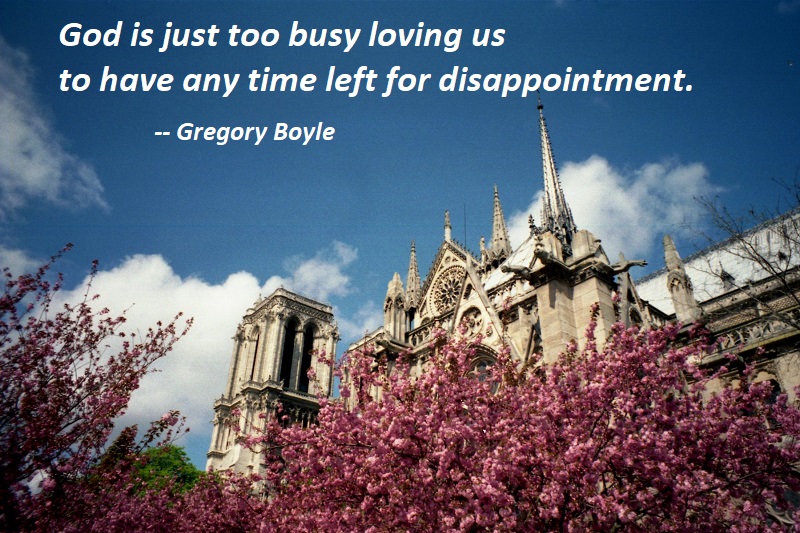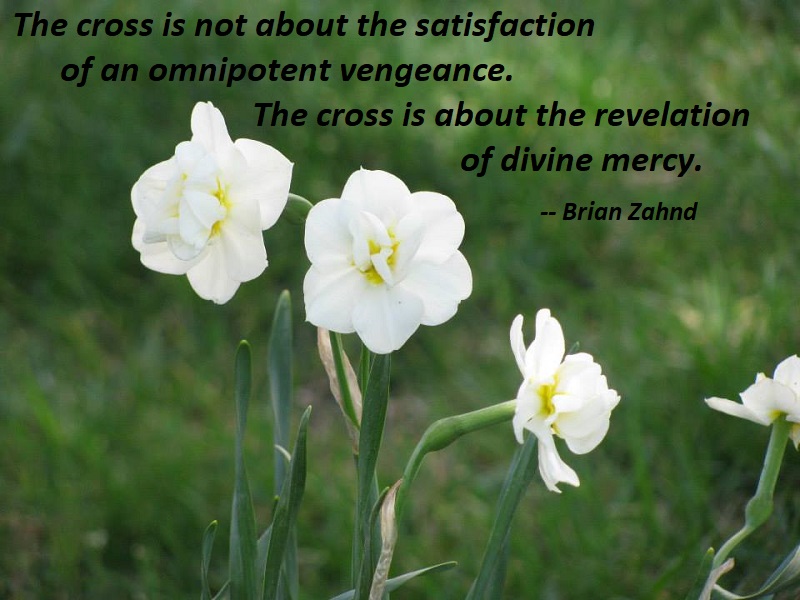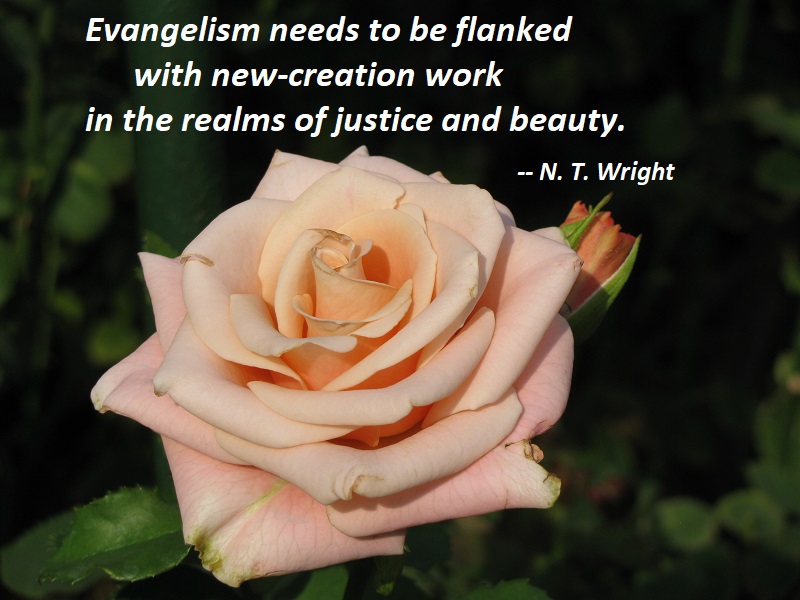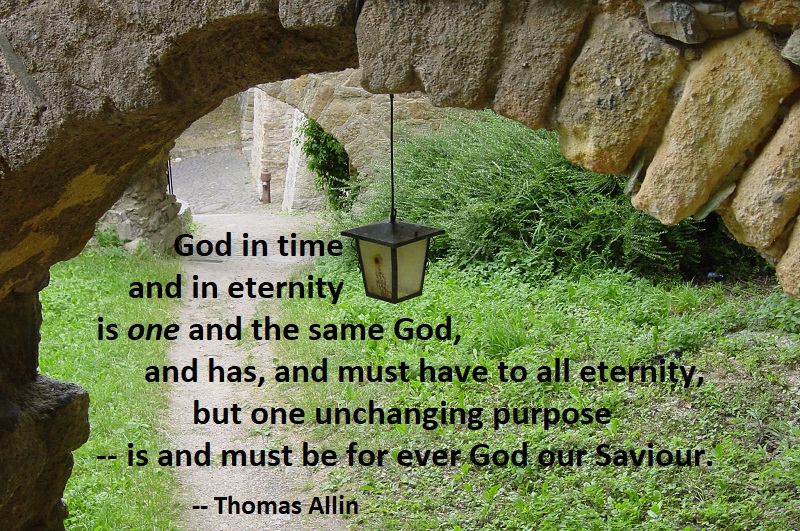No Time for Disappointment
“Behold the One beholding you and smiling.” It is precisely because we have such an overactive disapproval gland ourselves that we tend to create God in our own image. It is truly hard for us to see the truth that disapproval does not seem to be part of God’s DNA. God is just too busy loving us to have any time left for disappointment.
— Gregory Boyle, Tattoos on the Heart, p. 28
Photo: Notre Dame, Paris, April 2001









